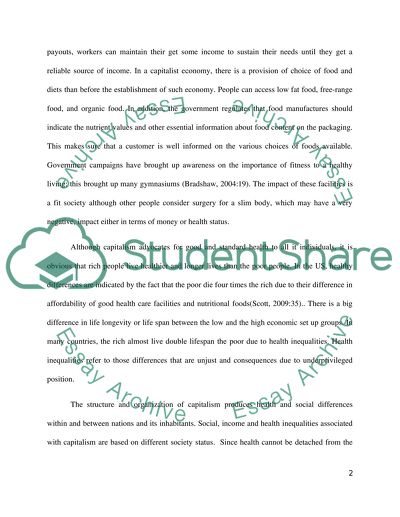Cite this document
(“Debate on the welfare, health and social policy Essay”, n.d.)
Debate on the welfare, health and social policy Essay. Retrieved from https://studentshare.org/health-sciences-medicine/1462411-debate-on-the-welfare-health-and-social-policy
Debate on the welfare, health and social policy Essay. Retrieved from https://studentshare.org/health-sciences-medicine/1462411-debate-on-the-welfare-health-and-social-policy
(Debate on the Welfare, Health and Social Policy Essay)
Debate on the Welfare, Health and Social Policy Essay. https://studentshare.org/health-sciences-medicine/1462411-debate-on-the-welfare-health-and-social-policy.
Debate on the Welfare, Health and Social Policy Essay. https://studentshare.org/health-sciences-medicine/1462411-debate-on-the-welfare-health-and-social-policy.
“Debate on the Welfare, Health and Social Policy Essay”, n.d. https://studentshare.org/health-sciences-medicine/1462411-debate-on-the-welfare-health-and-social-policy.


